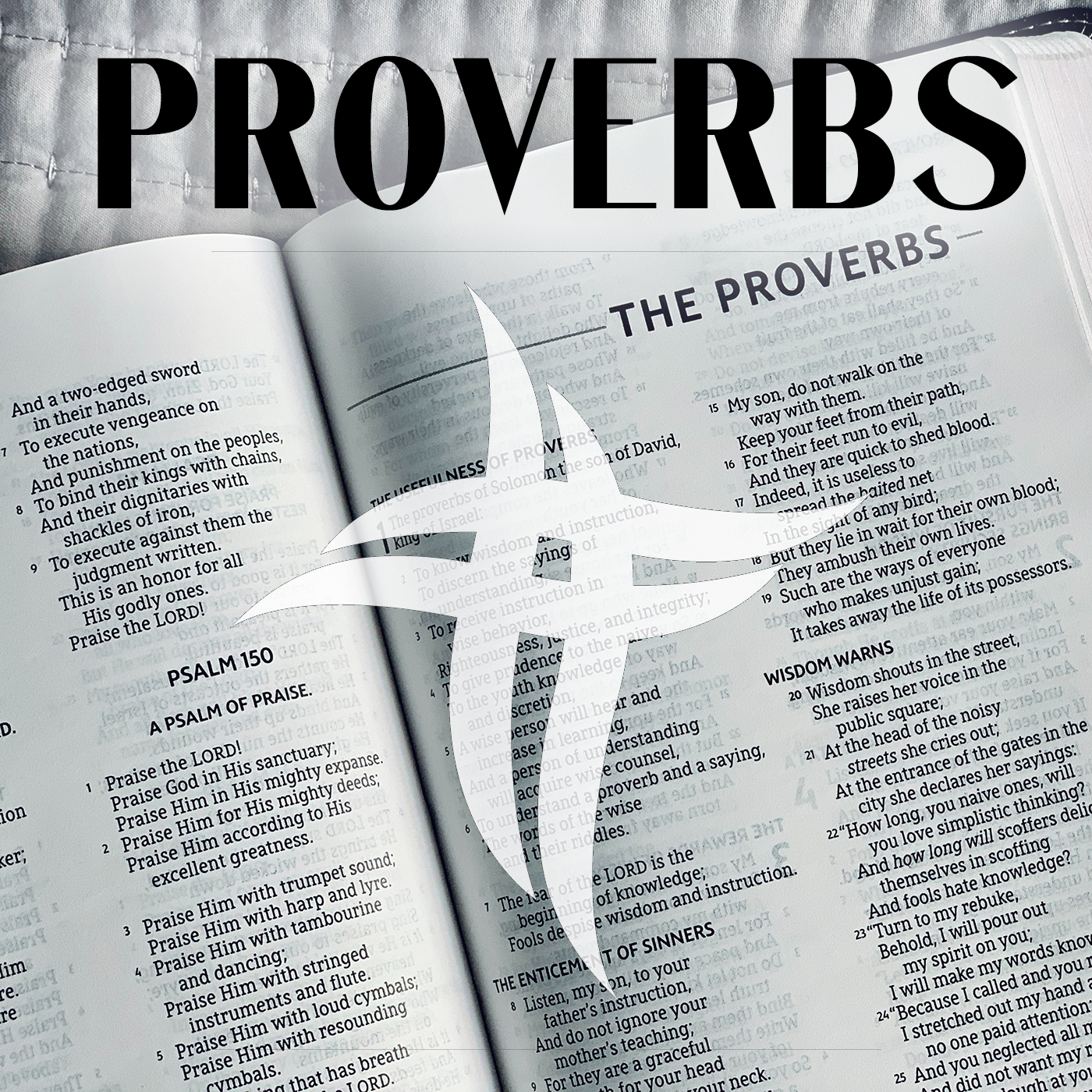Show Notes
Jeremiah was called to warn the people of the hour that God was about to address their sins. God, in his grace, had reached out to people who refused to listen, but He was still speaking to them to draw them to Himself. Yet, knowing that they would ultimately harden their hearts, God also spoke words of encouragement because there would be a day after they experienced His discipline that they would be restored. The psalmist rejoiced in that amazing truth that even God’s disciplines were a mercy to bring about a change of heart and give us a willingness to listen and obey Him.
Before I was afflicted, I went astray, but now I obey your word. You are good; what you do is good; teach me your decrees. (Psalm 119:67-68)
Yet what elements lead to that dreadful moment before that discipline in our personal, or at times in our nation’s life? What does a nation in decline look like?
It always happens that when a state becomes involved in difficulties, when its affairs are entangled and ruin threatens, the people arrange themselves into contending and hostile parties. There is polarization and deep divisions. So it transpired in the closing days of the kingdom of Judah; much more so was it in the last years of Jerusalem in the first century of the Christian era. The nation split into fierce factions; each denounced the other as the chief cause of all their woes. Mutual distrust broke up families, divided friends, and made a man’s enemies those of his household. Everyone had to take heed to his neighbour and suspect his brother (Jeremiah 9:4; 12:6).
As history repeatedly warns us, we see that people or nations get to this place. The more critical question is: How do God’s people get to a place where God speaks, yet we become unwilling to listen? Why do we harden our hearts and refuse to hear what He is saying? The result is contention and continued disobedience to God. God desires to be heard despite the many voices supposedly speaking in His name. Confusion reigns. One of the things we learn from the book of Jeremiah is the authentication of God’s voice through His sanctioned prophet. Another way of saying this is to distinguish the voice of the true prophet from the false. In chapter one, we gain Jeremiah’s reason for listening to his message. So, who was this man described by many as the weeping prophet? The book begins with a background and context in which Jeremiah is fulfilling his ministry. “The words of Jeremiah son of Hilkiah, one of the priests at Anathoth in the territory of Benjamin (Jeremiah 1:1). Immediately, we find that Jeremiah was from a priestly family living in the southern kingdom of Judah. Therefore, by lineage, Jeremiah was from the priestly line. Robert Davidson explains that “Anathoth [was] a small village of no importance a few miles north-east of Jerusalem; near enough for him to know what was going on in the big city…”
Other scholars share that the distance was negligible so that Jeremiah could see the city from his village. It seems that Jeremiah knew the proper role of the priests, yet in his writings, he exposes the corruption in the priesthood. This was the very place where godliness and holiness were expected to be practiced and proclaimed, but it was all a sham.
In chapter 1, Jeremiah explains that God called him and that the message he was proclaiming was God’s message. Tremper Longman relates: "While authorship is not an important issue in much of biblical and ancient Near Eastern literature, it is significant for the genre of prophecy. Prophets must be people who have encountered God and been commissioned by him for their task. Thus, the identity and credentials of prophets are significant and often described in anticipation of their oracles."
This is exactly what we read at the beginning of the book of Jeremiah. The word of the LORD came to him in the thirteenth year of the reign of Josiah son of Amon King of Judah, and through the reign of Jehoiakim son of Josiah king of Judah, down to the fifth month of the eleventh year of Zedekiah son of Josiah king of Judah, when the people of Jerusalem went into exile. (Jeremiah 1:2-3)
Here we have a list of three kings, but he actually prophesied through the reigns of five kings though two of them Jehoahaz, who succeeded his father Josiah and reigned briefly for three months, and Jehoiachin, who was captured and deported to Babylon are not mentioned.
There seems to be two basic ingredients in the making of a prophet in the Old Testament. 1) a situation of crisis in which the community has lost, or is in danger of losing, its way. Often it is a crisis whose meaning and challenge are not recognized either by the religious establishment or by the man in the street. 2) a personal experience in which a man finds himself gripped by God and commissioned to proclaim to the community a message which speaks to this crisis situation.
In the book of Jeremiah, we will hear the heart of God through a man that God designed for this very task. In chapter 1, we gain an introduction to both the man, the call and the message that God had entrusted to Jeremiah. This chapter is a call for us to listen carefully to what is about to be spoken. What can we learn from that hour of apostasy that will help us in this hour of crisis in which we are living in? How should we be responding? Do we have it right? Do we fully understand what God is doing in our lives at this time? Here we have three movements that reveal to us the nature of God’s work in our world.






